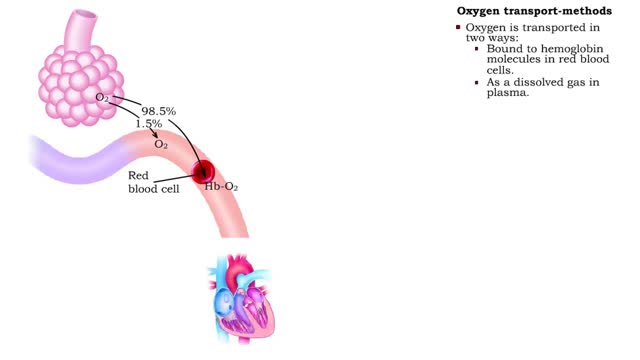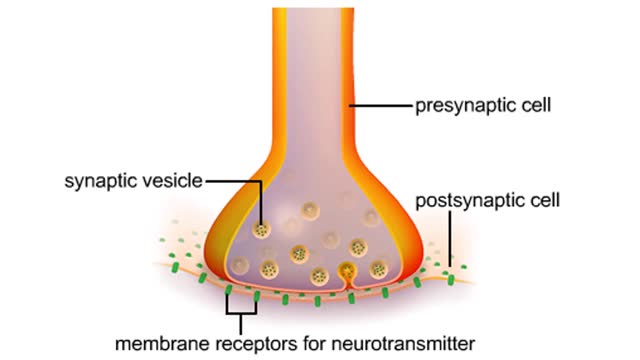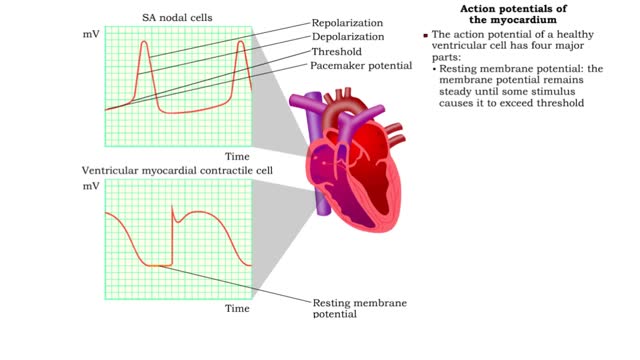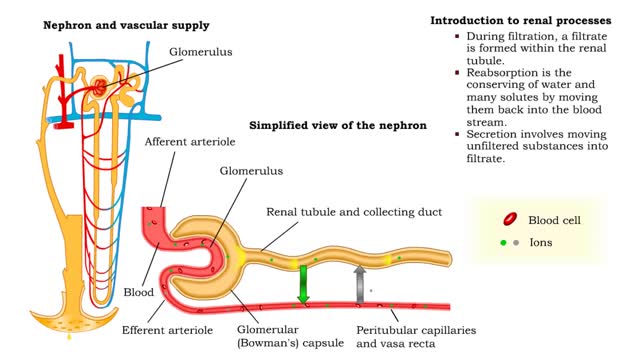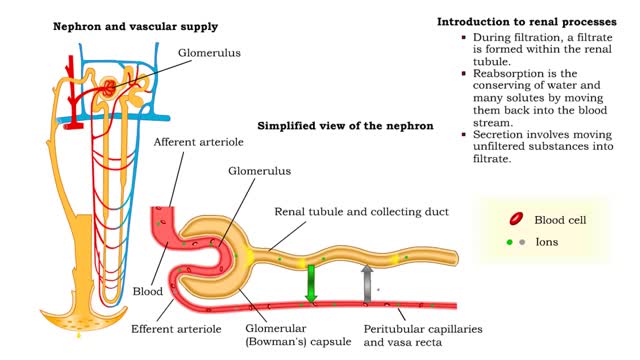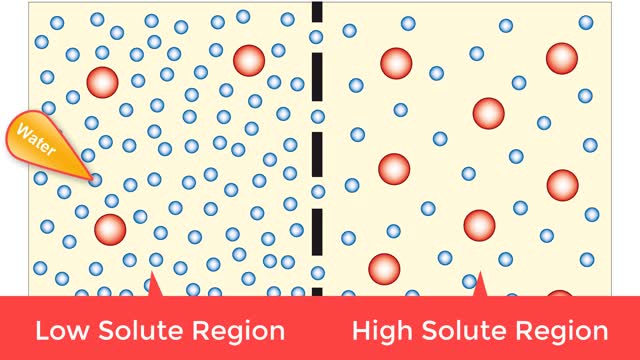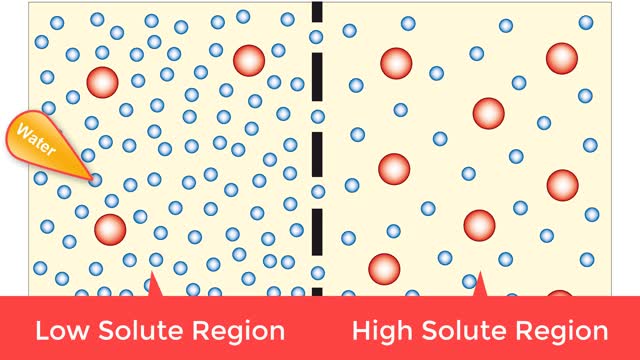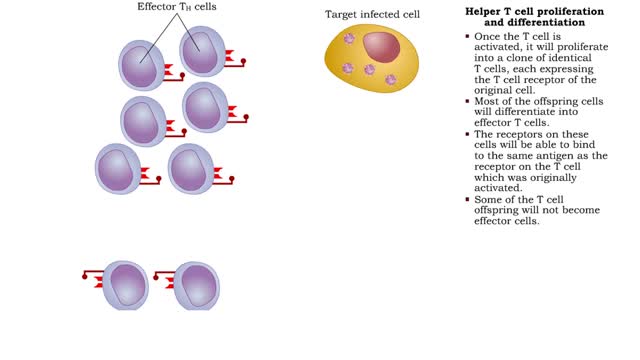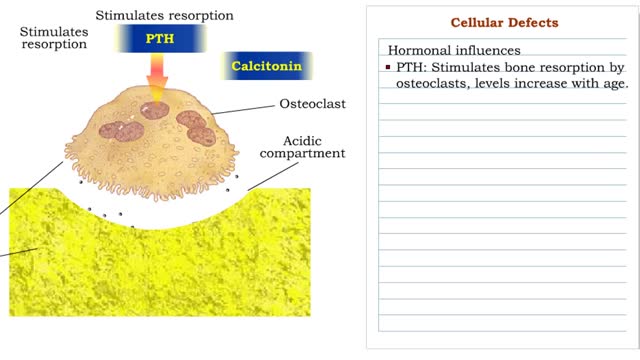Search Results
Results for: 'plasma membrane'
Oxygen transport - methods and oxyhemoglobin
By: HWC, Views: 11453
• The blood is the medium used for gas transport throughout the body. • Oxygen is only available in the lungs. Because the partial pressure of oxygen is higher in the alveoli than in the blood, oxygen diffuses into the blood and is transported to systemic cells. • At the tissues the par...
By: HWC, Views: 9026
A neuromuscular junction is a chemical synapse between the axon endings of a motor neuron and a muscle cell. A narrow synaptic cleft separates the presynaptic cell (the motor neuron) from the postsynaptic cell (the muscle cell). The presynaptic cell contains vesicles filled with neurotransmitt...
Depolarization of the SA node, Action potentials of the myocardium & ANS effects
By: HWC, Views: 11475
• A typical contractile cell in the myocardium has a resting membrane potential. • The resting membrane potential of cells in the SA node is not fixed, and is known as the pacemaker potential. • The action potential of a healthy SA nodal cell has three parts: • Pacemaker potential: ...
Introduction to filtration - filtrate formation and composition
By: HWC, Views: 11743
• At the nephron, the three process responsible for the formation of urine include: • Glomerular filtration. • Tubular reabsorption. • Tubular secretion. • During filtration, a filtrate is formed within the renal tubule. • Reabsorption is the conserving of water and many s...
Carbohydrate Metabolism: Introduction to renal processes and filtrate formation and composition
By: HWC, Views: 11774
• At the nephron, the three process responsible for the formation of urine include: • Glomerular filtration. • Tubular reabsorption. • Tubular secretion. • During filtration, a filtrate is formed within the renal tubule. • Reabsorption is the conserving of water and many s...
By: HWC, Views: 8805
Osmosis is when a solvent, such as water, moves from a low-solute concentration solution to a higher-solute concentration solution through a semipermeable. Osmosis is an example of diffusion (a special case of diffusion) in which the molecules are water, and the concentration gradient occurs a...
By: HWC, Views: 9324
Osmosis is when a solvent, such as water, moves from a low-solute concentration solution to a higher-solute concentration solution through a semipermeable. Osmosis is an example of diffusion (a special case of diffusion) in which the molecules are water, and the concentration gradient occurs a...
Helper T cell receptors, activation, proliferation, differentiation & action
By: HWC, Views: 11836
• Most cells which have CD4 on their surface become Helper T cells (TN cells). • The CD4 1 cells only recognize a foreign antigen when it is presented with an antigen presenting immune cell (APC) that includes MHC-II protein. • The Helper T cell antigen receptor must match the presented...
Cellular Defects - Osteoblasts, Osteoclasts and Osteocytes
By: HWC, Views: 11250
■ Metabolically active bone-building cells that secrete astroid. ■ Cover surfaces of newly formed bone and respond to growth stimuli ■ Less responsive to growth factors as the body ages. ■ Contribute to hone loss once their reproductive and biosynthetic potential lessens....
Advertisement



